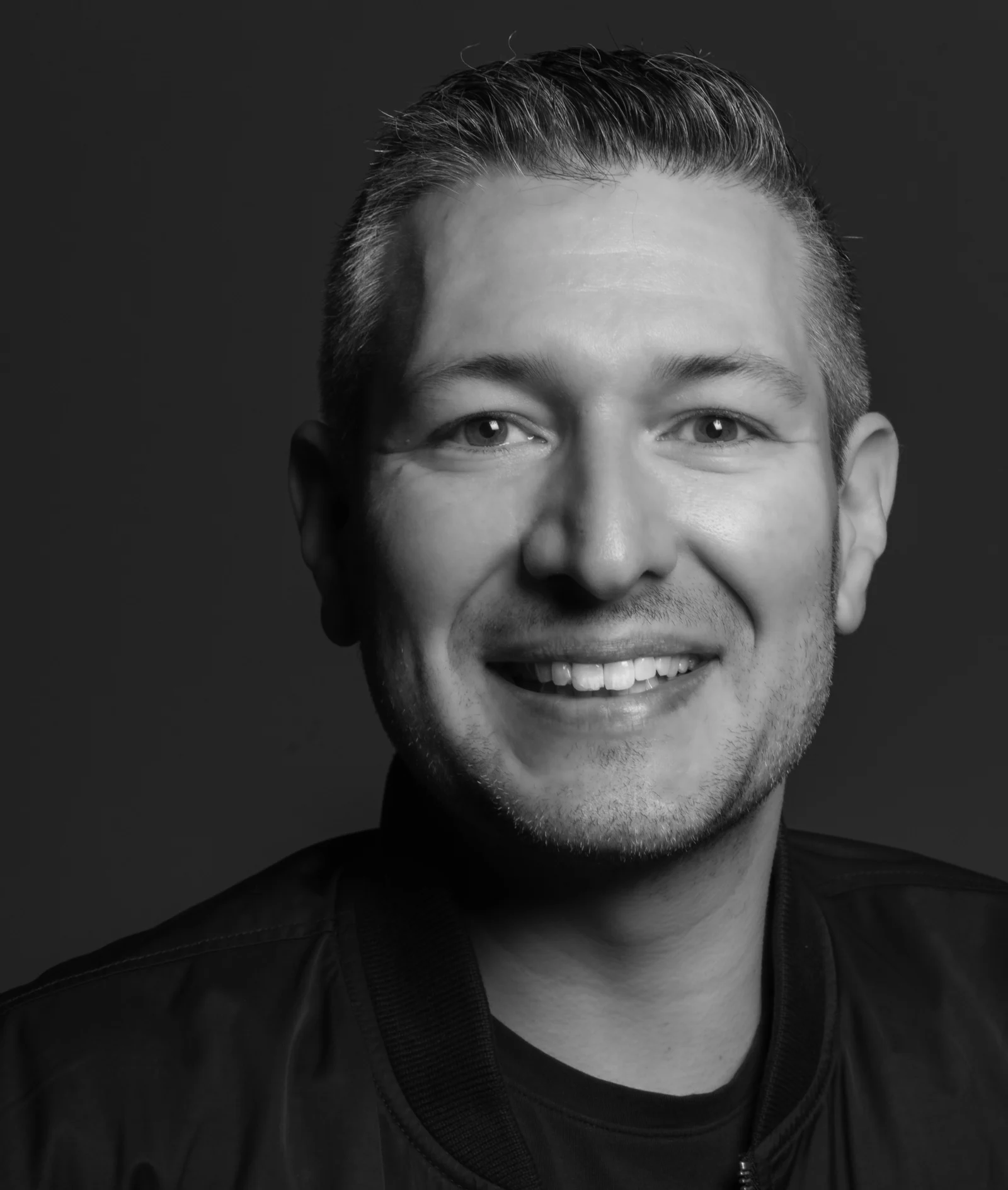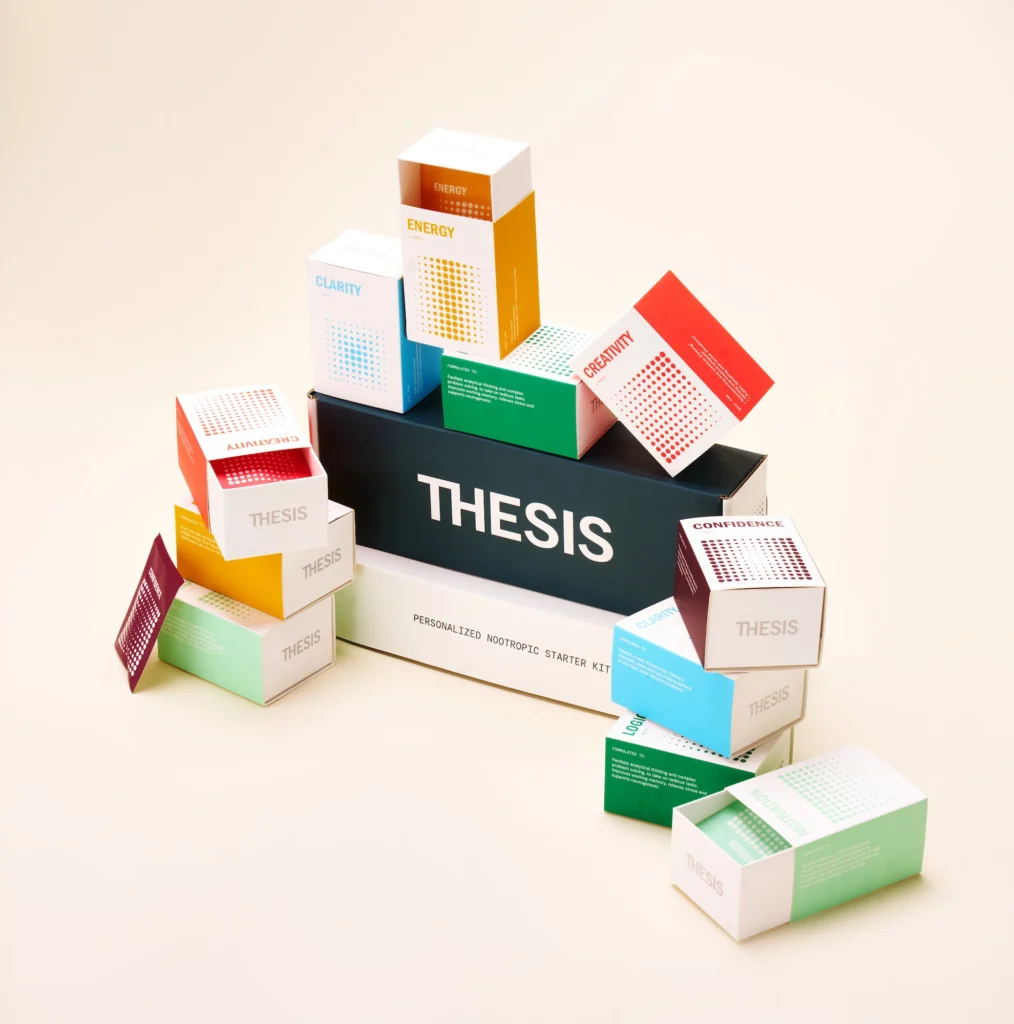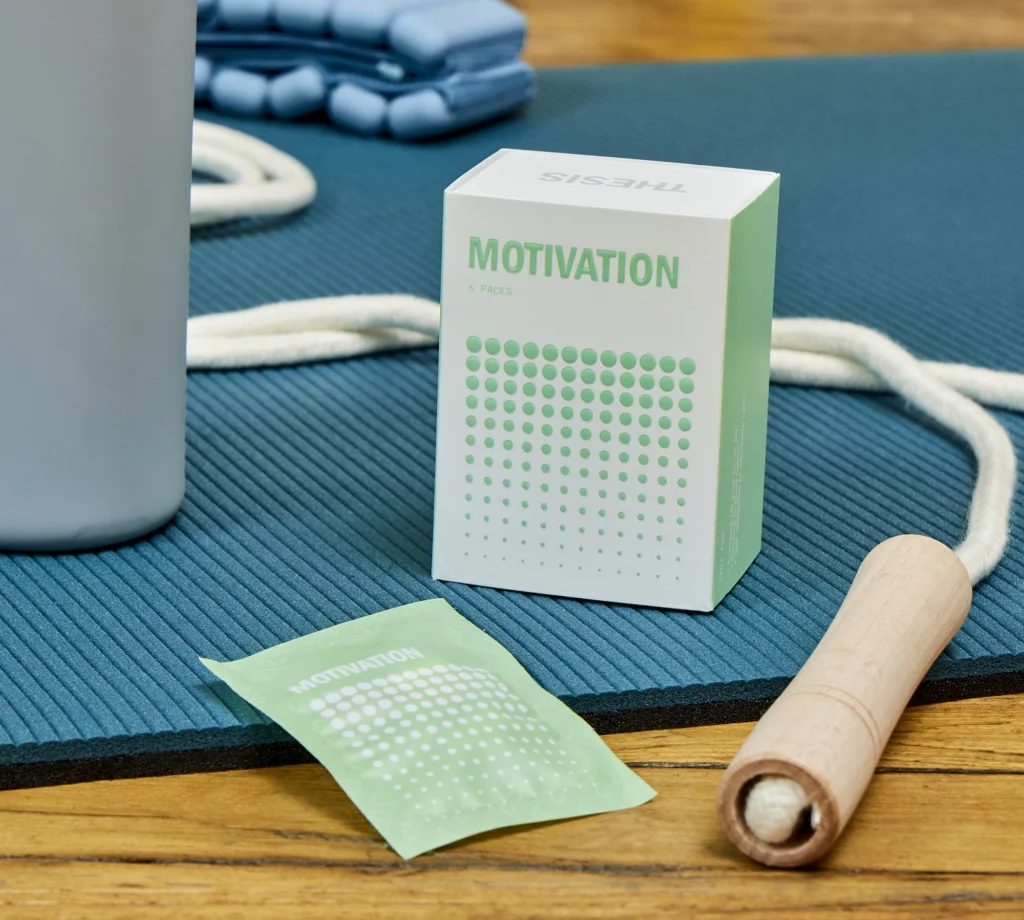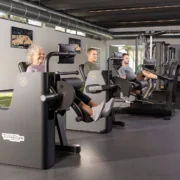CEO Corner: Thesis’ Dan Freed Is Leading the Nootropics Movement

Dan Freed founded Thesis in 2017 after nootropics helped him go from high school dropout to Yale grad. The brand recently raised $13.5 million
Few executives have a deeper personal connection to the brand they founded than Dan Freed, who went from high school dropout to Yale graduate thanks in large part to the power of nootropics, a category of supplements touted for their abilities to improve cognitive functions like attention, memory and creativity.
Freed established Thesis in 2017 to bring the benefits of nootropics to the masses. Thesis takes a personalized approach to nootropics; users take a detailed online quiz to receive a personal product blend optimized for their unique characteristics.
Over the last six-plus years, Thesis has come a long way from its humble beginnings operating out of Freed’s apartment; in May, the company raised $13.5 million in funding rounds that included participation from former NBA star Kevin Love. Dr. Gabrielle Lyon, a popular functional medicine practitioner, currently serves as a scientific advisor to Thesis.
Athletech News spoke with Freed about his incredible journey from high school dropout to CEO, the power of nootropics, and his plans for Thesis following its recent funding round.
The following conversation has been lightly edited for clarity and length.
Athletech News: Can you tell us about your background and how you were introduced to nootropics?
Dan Freed: I have severe ADHD, so for as long as I can remember I’ve struggled with functioning in structured environments. I was expelled from preschool when I was four, and I was formally diagnosed (with ADHD) when I was six. I continued to struggle in school – I was constantly in the principal’s office, getting suspended and dealing with behavioral issues. When I was 16, I dropped out of high school and went to work in fast food. It was a really difficult time in my life.
I ended up getting a lucky break and became a chef. I loved cooking – the type of focus needed to be successful in a kitchen is completely different than a classroom. ADHD is like a superpower. I spent my 20s traveling around the world and cooking, being fortunate enough to work in a Michelin three-star restaurant in France. By my late 20s, I started to burn out. I wanted to do something different with my life but I didn’t have a high school diploma, so my options were really limited.
I decided to go back to school. I had a crazy ambitious goal to get an MBA, so I got a GMAT study guide, and it felt like I was back in 10th grade. I would read a page five times but couldn’t understand it and couldn’t sit down long enough to take practice tests. I heard about nootropics on a study forum, and I went out and bought everything I could find. I would take different ingredients and study. Most of them did nothing, but a couple of them worked. When I figured out how to combine it into a winning formula, the results were life-changing. I ended up scoring in the 99th percentile on the GMAT, which opened up so much opportunity in my life. I did my MBA at INSEAD, and from there, I was offered a partial scholarship to do another Master’s degree at Yale, where I got to study some of the science behind nootropics and really indulge my intellectual curiosity.
Because nootropics were so impactful for me, I became an evangelist. This was around 10 years ago. I was the crazy guy at dinner parties that wouldn’t shut up about nootropics.
ATN: How did you go from nootropics evangelist to founding Thesis?
DF: I had this realization that the ingredients that worked for me didn’t work for everyone, because I was literally giving them out to people. I started selling (nootropic blends) out of my apartment to friends and friends of friends and before I knew it, it just kind of took off.
The name we initially launched with “Placebo Proof.” It was structured like a four-way crossover clinical trial, and there were actual placebos in the box. We tested more than 100 different ingredients, tons of different dosages, and we started to see very clearly that certain formulas, for certain use cases, with certain ingredients and certain dosages, worked the best. After more than 2,500 people went through that Placebo Proof product, we adjusted it and created (something) very similar to what Thesis is today. We incorporated Thesis in 2017. (In 2023), we did more than 50 million capsules.

ATN: How does Thesis personalize nootropics for customers?
DF: We’re still constantly beta testing, it’s really a data-driven approach. Our core hypothesis was to structure something similar to a clinical trial, but with a lot fewer controls, so you’re not going into a doctor, you’re not giving blood tests, you’re giving subjective data on how you feel, but we increase sample sizes by orders of magnitude. At this point, we have millions of people who’ve gone through our quiz, which has been there from the beginning. Hundreds of thousands of people have left individual reviews on formulations throughout the lifetime of the company, from Placebo Proof all the way to what Thesis is today. We use this data to constantly optimize.
Stasis is our newest product line to launch, and it came directly from our customers. We saw that there were people purchasing Thesis, but they were on stimulants like Adderall; Thesis isn’t meant to be taken alongside powerful medications like that. Those customers were talking about jitters, (energy) crashes, trouble sleeping. So we formulated a new product line specifically meant to be taken alongside stimulants, including things like caffeine, to mitigate short-term side effects and long-term damage caused by oxidative stress.
ATN: The nootropics movement is still in its infancy. How do you view nootropics within the larger supplement industry?
DF: I look at us as a new, emerging category of supplements as classified by the FDA. If you look at new categories within the broad supplement industry, the closest thing I would compare nootropics to is probiotics. Five years ago, the concept of ingesting good bacteria to improve gut health was absurd, almost nobody had heard of it. Now you walk into Whole Foods and there’s an entire section of probiotics, prebiotics, all of that. I think nootropics as a category within the broader supplement category is at this inflection point where probiotics were five years ago.

ATN: How has Thesis grown and evolved following the recent $13.5 million funding rounds?
DF: (Funding) has forced this level of ruthless prioritization and capital efficiency. Not too long ago, the entire company was in my apartment. We now have the capital to invest in longer-term initiatives like content and community, which are on our roadmap. We’ve also spent a lot of time hiring. The last several months have been about filling out the executive team, because we were bootstrapped for so long. We’ve done a great job of recruiting some of the best talent in the world, and I’m really proud of that. We also have product launches planned for 2024.

ATN: Looking ahead, what are your main short and long-term goals for Thesis?
DF: Short term, it’s just continuing to build out this data-driven approach to personalization and to get more people to the right formula faster. That’s a really complex challenge, especially when you have both Thesis and Stasis.
Long term, I keep going back to when I was diagnosed at six, and I remember what it felt like when I thought there was something wrong with me, and I couldn’t understand why other people could just sit down and do their homework and I couldn’t. I remember how much pain it caused me throughout my childhood and into adulthood. I’m just as intelligent now as I was when I dropped out of high school. The key difference is my ability to focus. And it’s not only nootropics, it’s nootropics with behavioral interventions, that made the difference. But I just keep thinking about how many people aren’t living up to their potential, about how many people could do what I’ve done if they just have the same options. That’s our core mission.



